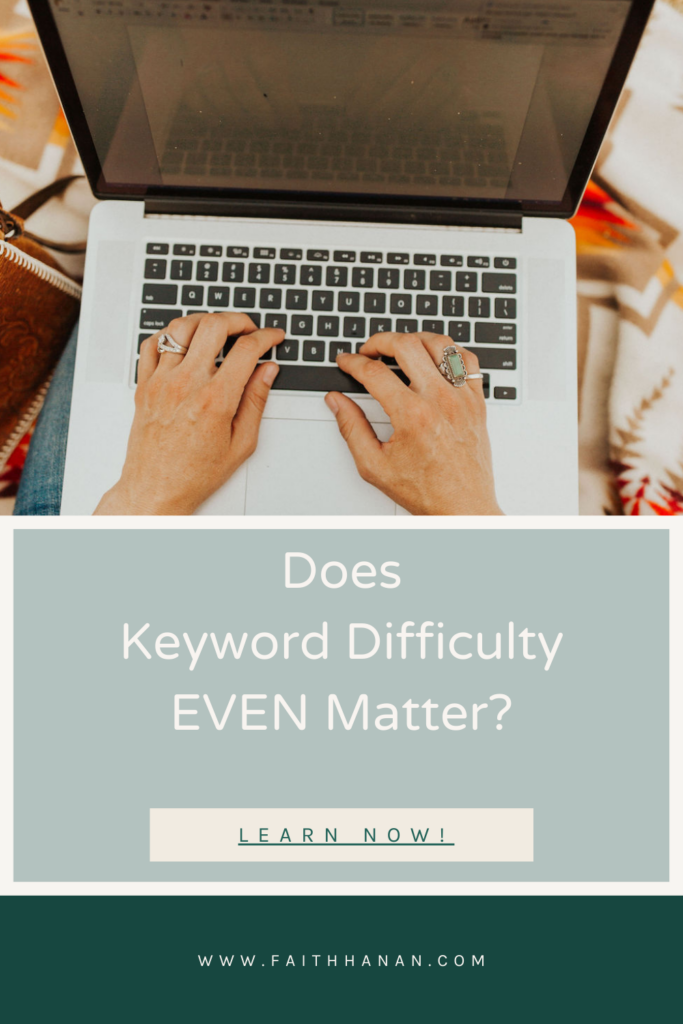
What does keyword difficulty mean? Does keyword difficulty matter? How much should it factor into your keyword strategy?
Picking the right keywords can be difficult, but it doesn’t have to be! Learn how to pick the best keywords for your business no matter the size with these 3 easy tips.
What Does Keyword Difficulty Mean?
Most people have never even heard the term “keyword difficulty” let alone understand what it means. Simply put, keyword difficulty is based on the competition for that keyword and how difficult it is to rank at the top for that keyword.
To start with, we need to understand that all web pages need the following categories of keywords:
- Target keywords
- Supportive keywords
- Small keywords (to support other words)

These keywords will have differing degrees of difficulty, but they should all work together. So where does keyword difficulty come in? Keyword research tools, like Ubersuggest and Google, rank keywords simply based on the competition for that keyword. Most keyword research tools rank keywords from 0-100. The higher the number, the more difficult it is to rank for that keyword. The ranking factors aren’t an exact science. There are many other factors to take into consideration to build a successful SEO strategy.
To start you need a target word. This is a word that is searched more. Try to keep your keyword difficulty below 70. Larger businesses rank way up on the top of the list, so smaller businesses should stay away from the top of the list to give yourself a fighting chance. Most importantly, figure out when it really matters for your business versus when you should just “go for it” because it’s best for your strategy.
3 Factors for Effective Keyword Research
- Does this keyword fit? Is it authentic?
- How important is this keyword to my overall strategy?
- How much work can I put into this keyword?
It is really easy to just look at numbers, but numbers do not matter if it doesn’t make sense. If a keyword is a good fit but too big or too small for your range, go with authentic. If it has a high degree of difficulty but it’s on the fringe of your content strategy move on to one with a lower keyword difficulty. In other words, choose a less competitive keyword.
One of the most important things to remember is to be realistic. It’s okay to go for a bigger keyword if you are willing and able to put in the work to rank for it. Keywords need to be on H1 and H2 text, blogs, photo names, etc. These keywords need to be something you are constantly working towards and you need to determine how many hours and how much money you have to put towards ranking for your keywords.
When it comes to getting the right keywords for your business all it takes is a little research and a little time. Nothing is written in stone, you can always change it. Just remember to find your target keyword and shoot for a difficulty of just around 70 for that keyword, but keep it authentic!
Pin one of these and save for later!






+ show Comments
- Hide Comments
add a comment